Agricultural and Environmental Services Laboratories
-
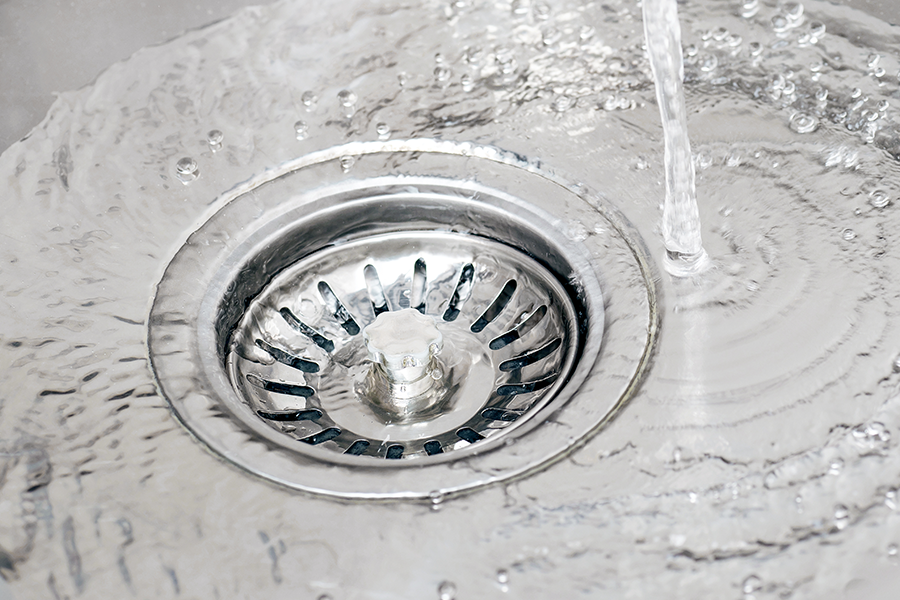
C 1016
Odors in Your Water
Homeowners sometimes experience unpleasant odors in their household water. In many cases, the exact cause of the odor is difficult to determine by water testing; however, this publication provides a few general recommendations for treating some common causes of household water odors.
Uttam K. Saha and L. Mark Risse
|
-
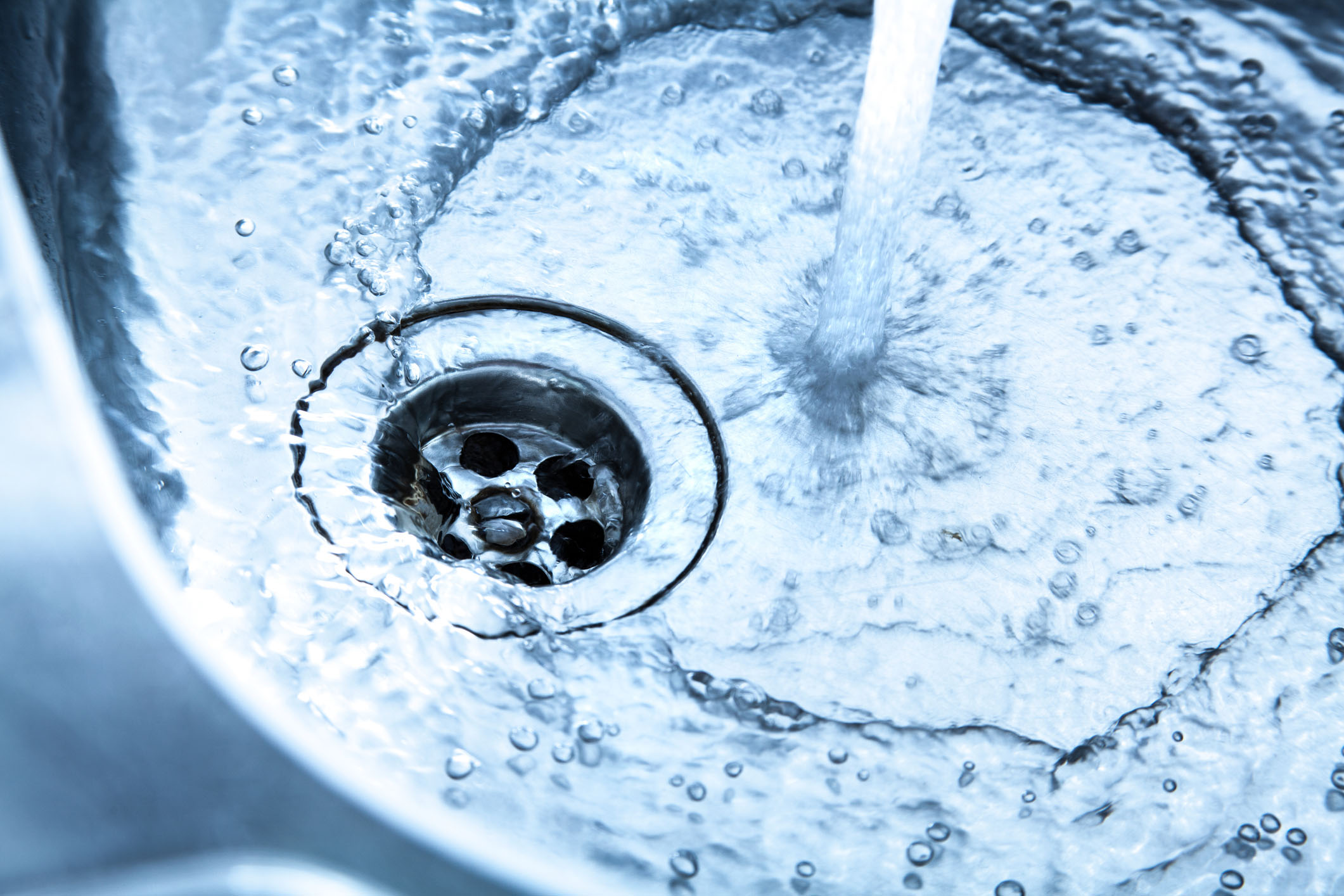
B 1563
Oxidizing Filters
Private well waters often contain high levels of iron, manganese, and hydrogen-sulfide. While these contaminants are not considered to have any human health consequences, they can cause various issues such as staining, impaired taste, and odor problems once their concentration exceeds certain levels, and homeowners need an appropriate system to remove them—such as an oxidizing filter. Oxidizing filters operate using oxidation, which occurs when a substance comes into contact with oxygen or another oxidizing substance. Everyday examples of oxidation are rust and the brown color that develops on a cut apple. This publication discusses various aspects of oxidizing filtration technique such as applicability, types of filter media, maintenance, etc.
Gary L. Hawkins, Brenda Jackson, Pamela R. Turner, Uttam K. Saha, Laurel Dunn, and Laura Ney
|
-

Activated carbon, also called activated charcoal, is usually produced from charcoal in granular or powdered form. It is a form of carbon that has been processed (activated) to make it highly porous, with a very large surface area available for physical adsorption or chemical reactions. Among others, water treatment is an important application of activated carbon. Activated carbon filters treat general taste and odor problems, including chlorine residue, various organic chemicals, and the radioactive gas radon. This publication discusses various types of activated carbon water treatment systems, their usefulness and limitations, along with required maintenance.
Gary L. Hawkins, Pamela R. Turner, Uttam K. Saha, and Joel Burnsed
|
-
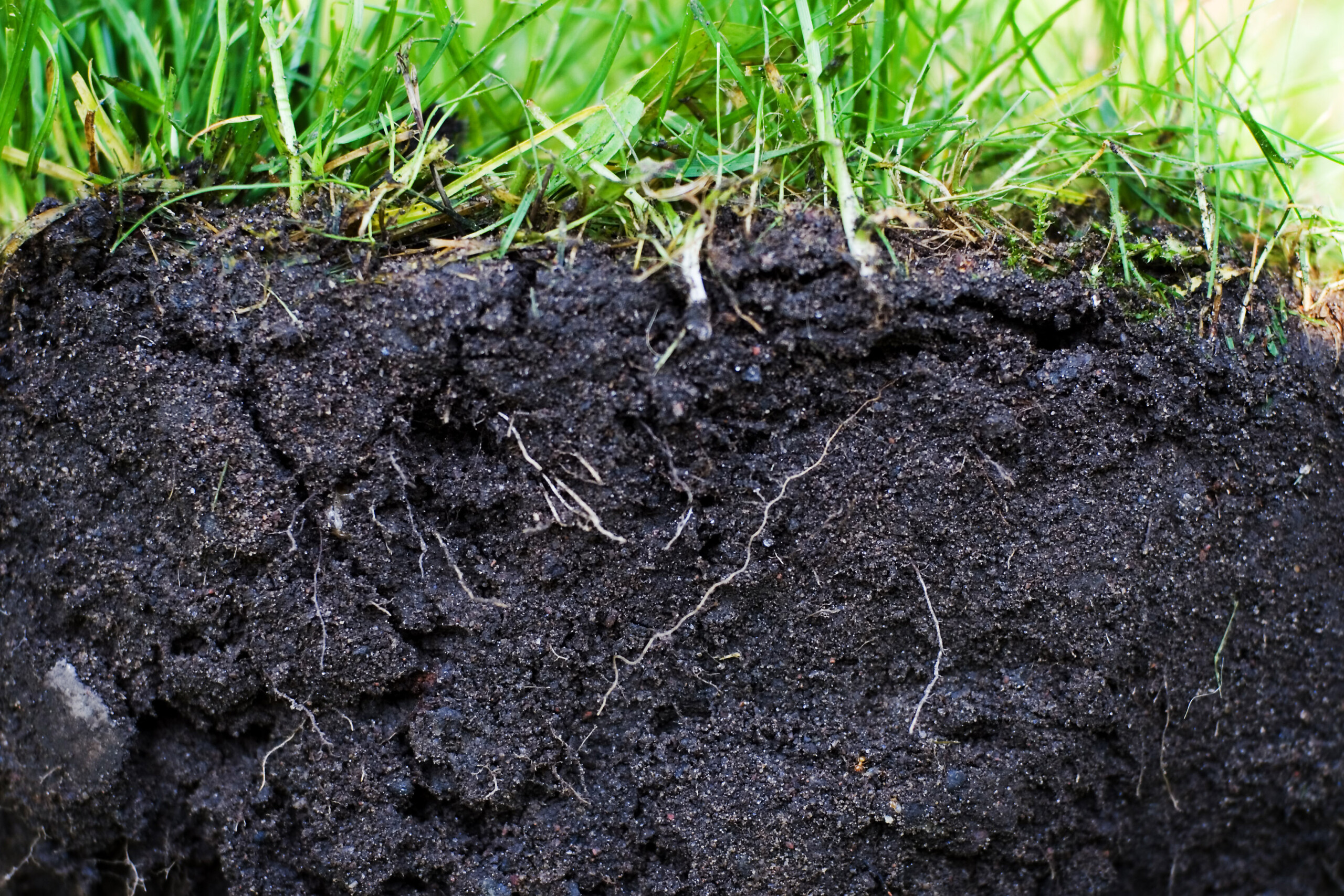
C 1299
Soil Organic Matter
Soil organic matter (SOM) is a complex mixture of plant and animal tissues, and plays an important role in the physical, chemical, and biological processes in the soil. This publication describes how SOM contributes to overall soil fertility, factors controlling SOM abundance, and what cultivation practices growers can use to increase SOM in their soils.
Miguel L. Cabrera, Daniel L. Jackson, Jason Lessl, and Josh Fuder
|
-

This publication provides information on selecting an optimal soil sampling grid size that can accurately depict spatial nutrient variability within the fields in the southeastern US and helps in informing precision site-specific nutrient applications.
Jason Lessl, Simerjeet Virk, and Glendon H. Harris
|
-
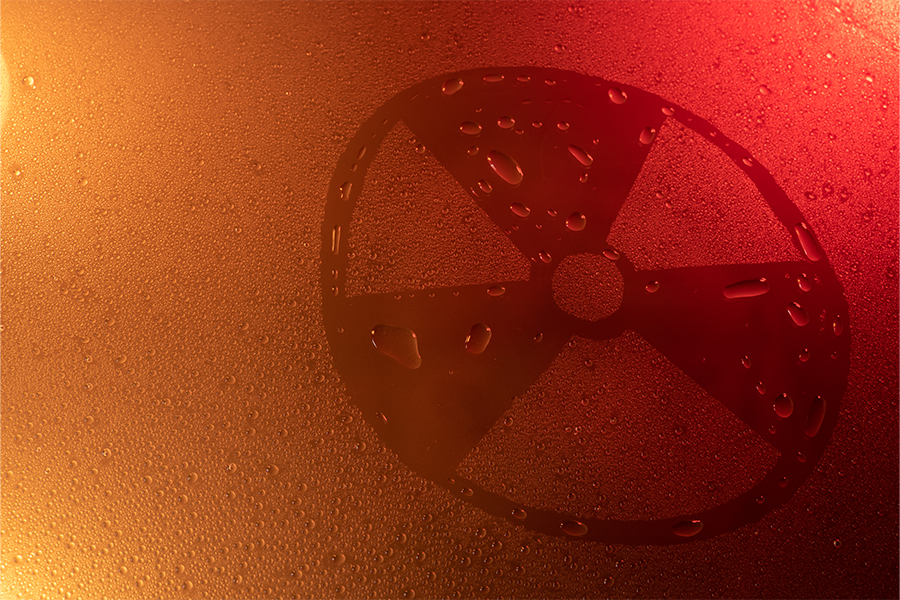
C 858-14
Uranium in Your Water
Uranium in your drinking water may be harmful to your health. If your water comes from a public system, it is routinely tested to ensure safe levels of uranium. If your source of household water is a private well, cistern or spring, you are solely responsible for the quality of your own drinking water. Private well owners are encouraged to monitor uranium through water testing.
Uttam K. Saha
|
-
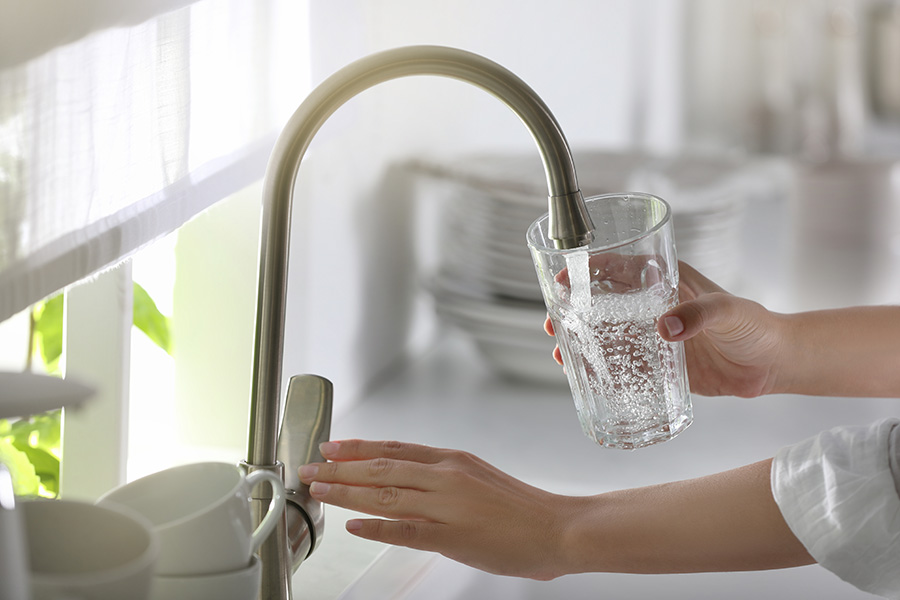
Arsenic in your drinking water may damage your health. Because arsenic in household well water is usually dissolved from natural rock in the aquifer, water treatment is the only way to eliminate it. This publication describes methods for removing arsenic from household drinking water.
Uttam K. Saha
|
-

This publication highlights the role of selenium in animal nutrition; selenium concentration and distribution in soils and feedstuffs (grains and forages) produced in various parts of the United States and in Georgia; disorders resulting from Selenium deficiency or toxicity; various methods of selenium supplementation; and recommendations for selenium management in Georgia. This publication is intended to serve as an educational resource for university researchers and Extension specialists, county Extension agents and livestock, forage and feed producers, among others.
Lawton Stewart and Uttam K. Saha
|
-
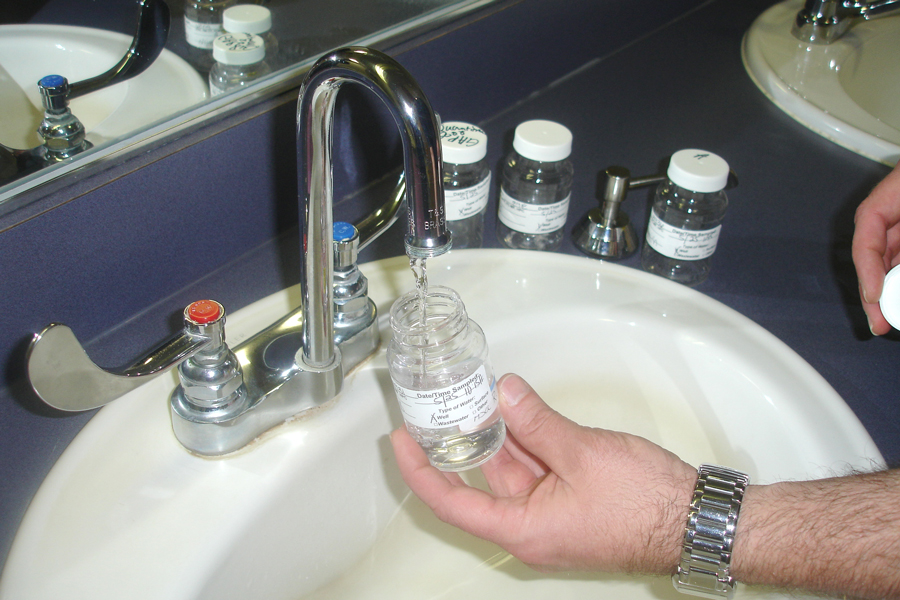
An abundant supply of clean, safe drinking water is essential for human and animal health. Water from municipal or public water systems is treated and monitored to ensure that it is safe for human consumption. Many Georgia residents, especially in rural areas, rely on private water systems for human and livestock consumption. Most private water systems are supplied by wells. Water from wells in Georgia is generally safe for consumption without treatment. Some waters, however, may contain disease-causing organisms that make them unsafe to drink. Well waters may also contain large amounts of minerals, making them too “hard” for uses such as laundering, bathing or cooking. Some contaminants may cause human health hazards and others can stain clothing and fixtures, cause objectionable tastes and odors, or corrode pipes and other system components.
Uttam K. Saha and L. Mark Risse
|